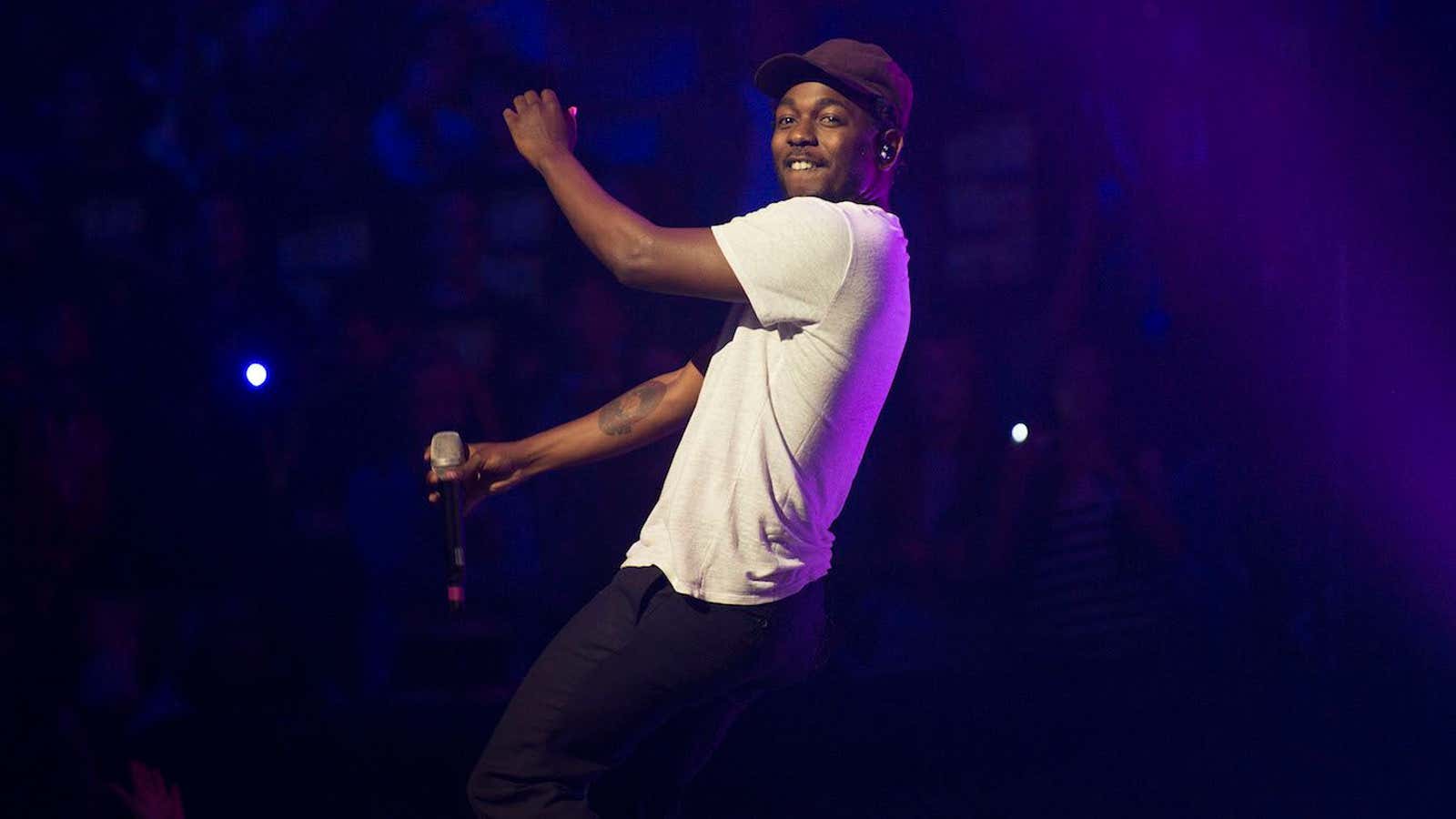When Apple launched the iTunes Store in 2003, Steve Jobs helped create a home for ”legitimate music” on the internet in a time when piracy was rampant, helping to pave the way for the streaming services of today. But Jobs also insisted that the songs be sold individually and at a fixed price of 99 cents. This led to more than 10 billion iTunes songs downloaded, but also the death of the album.
In 2008, Billy Corgan of the Smashing Pumpkins said that Zeitgeist would be their last album:
We’re done with that. There is no point. People don’t even listen to it all. They put it on their iPod, they drag over the two singles and skip over the rest. The listening patterns have changed, so why are we killing ourselves to do albums, to create balance and do the arty track to set up the single? It’s done.
Not quite—the band released several more albums. But the idea was growing that in the age of disposable singles and ringtones, the album format had no place—artistically or commercially. Funny, then, that the album should be going through a revival, driven by what American radio often patronizingly labels as “urban” music—made by largely black rap and R&B artists.
The revival was kicked off by Beyoncé, who released her eponymous album on iTunes in 2013 with no advance warning. Better yet, every song was accompanied by a video—it was a visual album, as she called it. Dropping it at once meant that, at least for a few days, there were no singles or hits to play—the listener had to go through the whole album, in sequence or out, and discover the songs themselves. Fans on Twitter would share their reaction to songs as they discovered them.
Her album was enthusiastically received, and Beyoncé’s “surprise album” move has inspired others. Earlier this year, Drake launched a “mixtape” called If You’re Reading This It’s Too Late on iTunes—which fans devoured. And then last week, Kendrick Lamar’s new album, To Pimp a Butterfly, appeared on Spotify, and is being hailed as a modern classic.
The artistic success of those projects was matched by their commercial success, too. Beyoncé’s album broke sales records and her marketing strategy was studied by Harvard Business School. Drake’s album went straight to number one and all 17 songs featured on the Billboard rap charts at the same time—as radio and fans played every track to find out which was the best. And Lamar’s new work broke Spotify streaming records.
Fans love albums—when they are certain it’s not going to be two radio singles and filler. For artists who are already famous, the element of surprise also helps to create a cultural moment that coalesces their fans and curious outsiders to listen to the album. A format thought dead a few years back is now as relevant as ever in the digital era.
The surprise album trend shows no sign of stopping. The next big artist rumored to drop theirs from nowhere? Kanye West.
